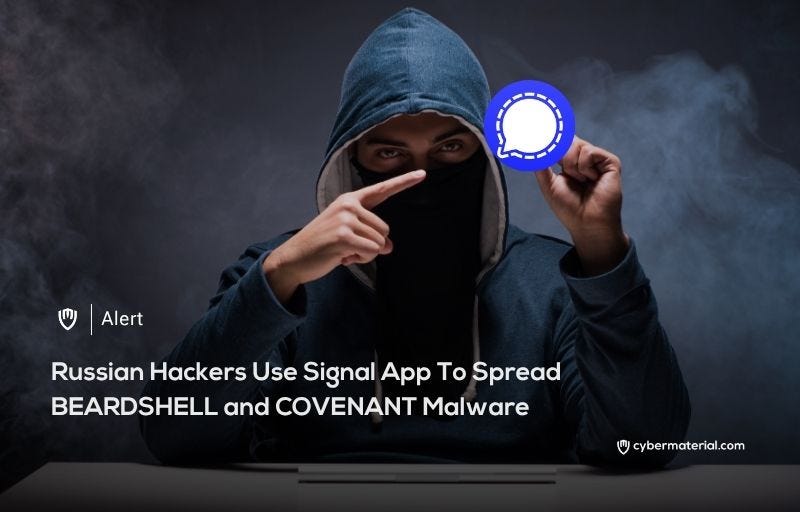
Ukraine’s Computer Emergency Response Team has warned of a new cyberattack campaign being run by Russia-linked threat actors. The group, known as APT28, is using Signal chat messages to deliver two n…

Ukraine’s Computer Emergency Response Team has warned of a new cyberattack campaign being run by Russia-linked threat actors. The group, known as APT28, is using Signal chat messages to deliver two n…